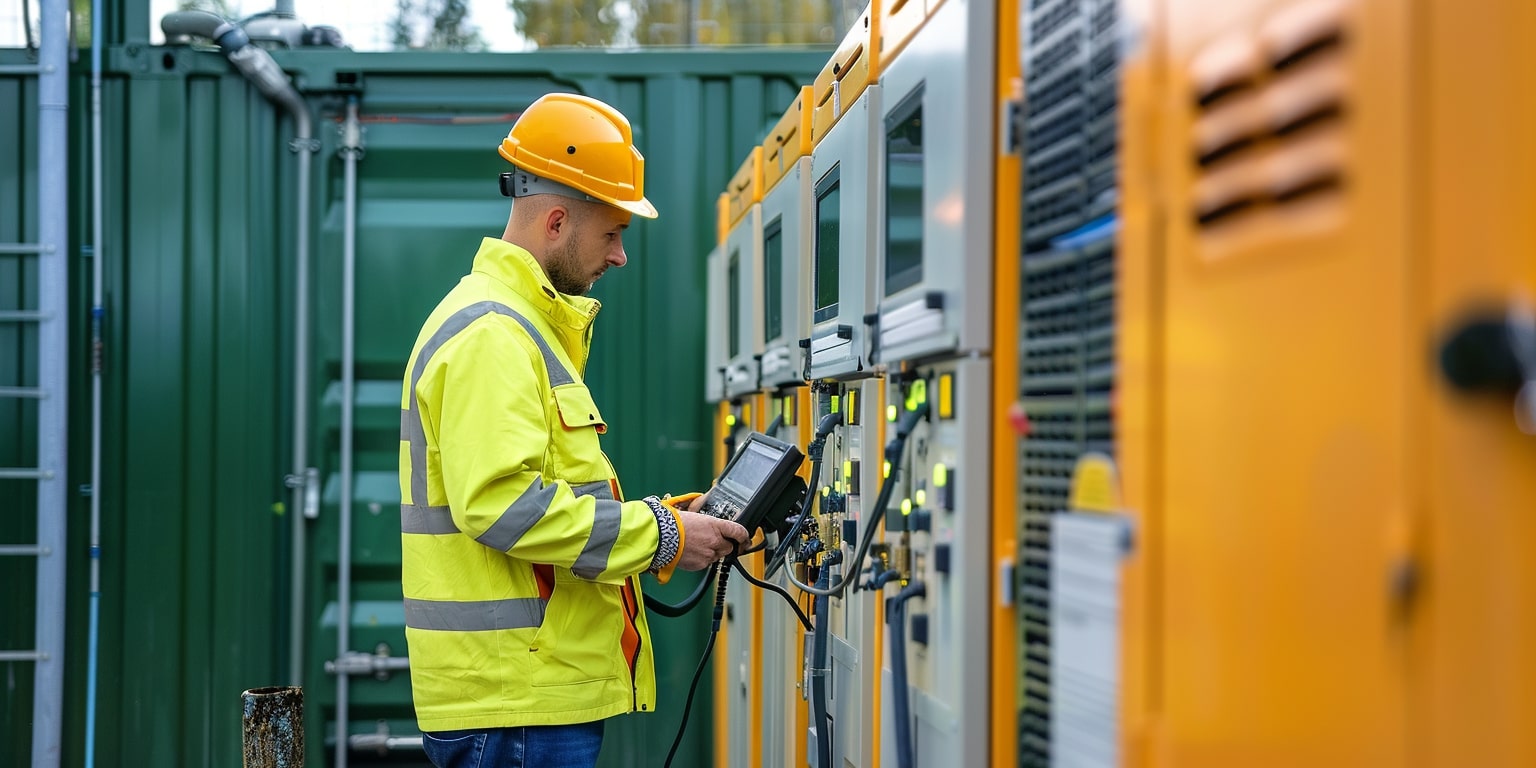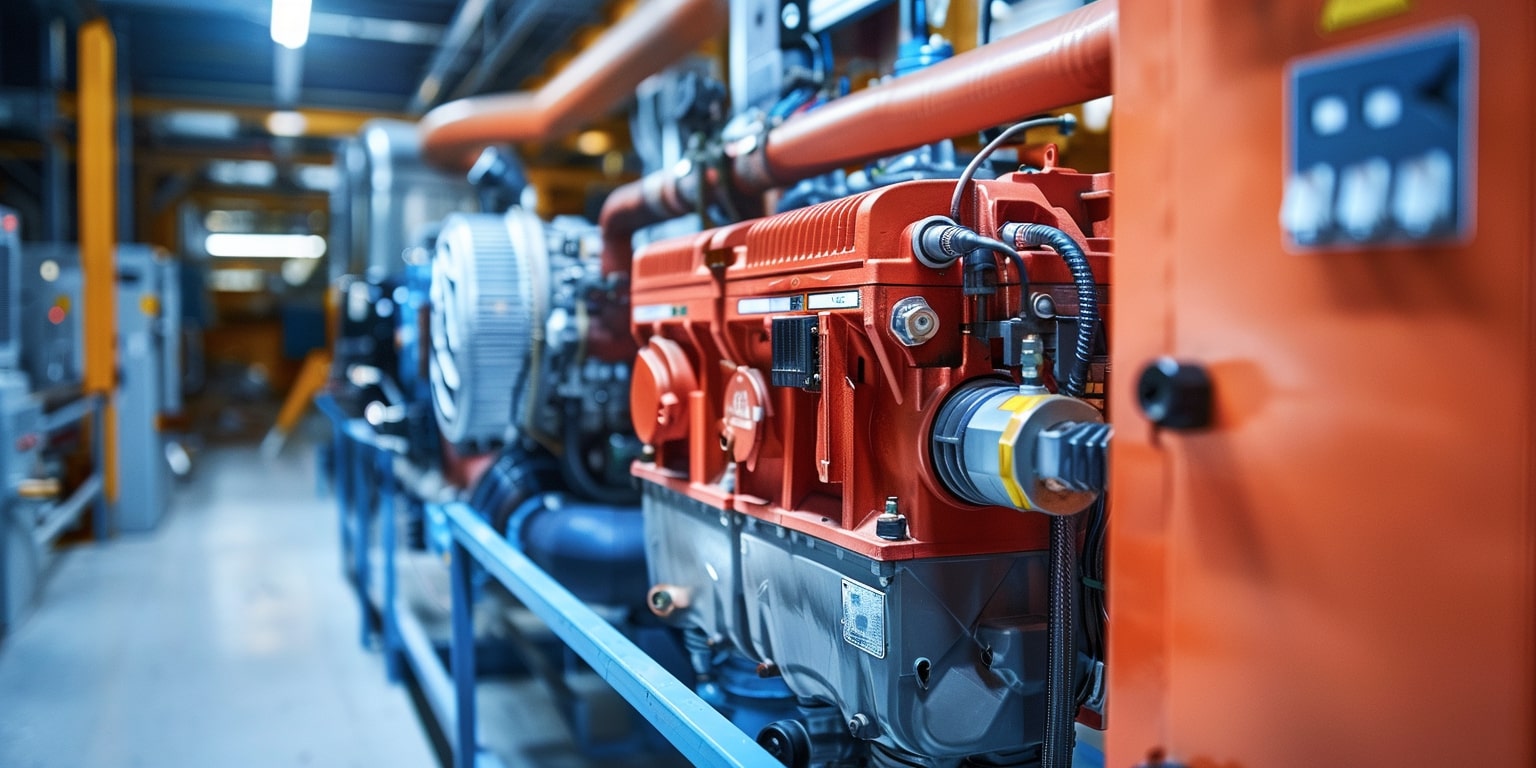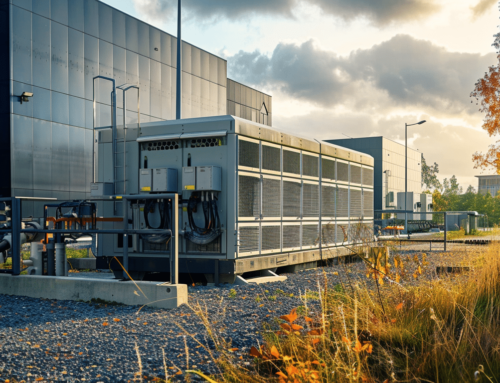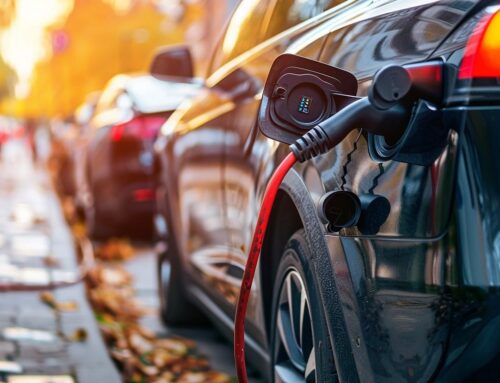In today’s fast-paced world, a continuous power supply is crucial for both homes and businesses. Whether it’s for emergency situations, powering essential equipment, or simply providing peace of mind, generators play a vital role in ensuring uninterrupted operations.
In this guide, we will cover everything you need to know about commercial and backup generator installation. From selecting the right generator to professional installation services, we cover it all. Let’s dive in and learn all about commercial and backup generator installation.
The Importance of Having a Backup Generator
Understanding the Need for Continuous Power Supply
In the current digital era, where businesses are increasingly dependent on technology and sophisticated equipment, any interruption in electrical power can lead to significant operational disruptions and financial losses. This applies across a broad spectrum of sectors, from manufacturing plants and healthcare facilities to data centers and retail outlets, emphasizing the importance of a consistent and reliable power supply for seamless operation and customer satisfaction.
In commerce, having an uninterrupted power supply transcends mere convenience to become an absolute necessity. Power outages can incur substantial costs due to halted production, damage to sensitive machinery, and loss of vital data. Such interruptions can cascade, affecting the entire supply chain, including employee performance, productivity, customer contentment, and, ultimately, the company’s financial health. To counteract these potential setbacks, businesses must implement a robust emergency power strategy.
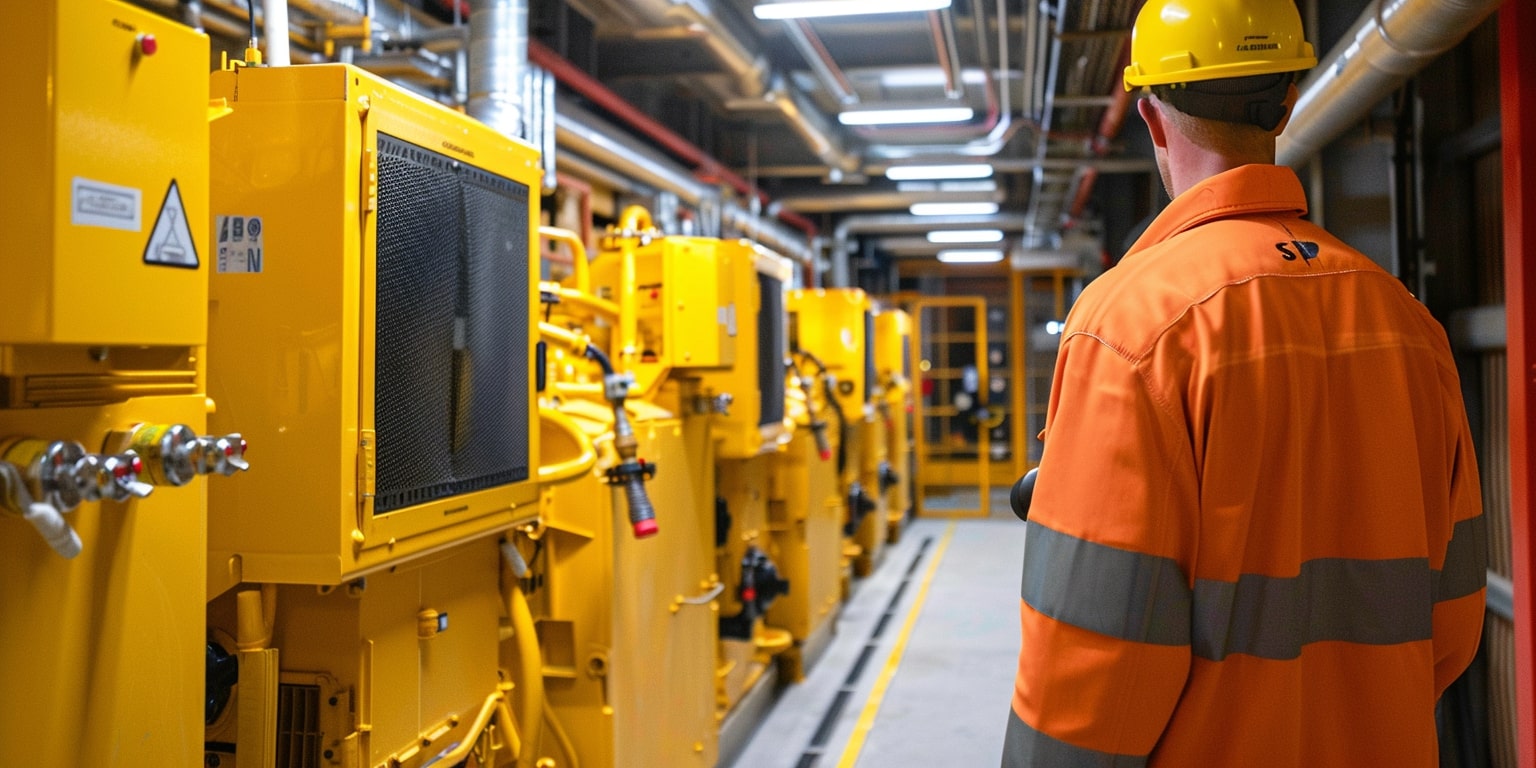
The Consequences of Power Outages for Homes and Businesses
Power outages can have severe consequences for both homes and businesses. In addition to the inconvenience of living without electricity, power outages can disrupt essential services and compromise safety. The impact can be even more significant for businesses, resulting in financial losses, decreased productivity, and potential damage to reputation.
Power outages can also pose safety risks, especially in industries where uninterrupted power is crucial for maintaining a safe environment. Hospitals, for example, rely on a continuous power supply to support life-saving medical equipment and systems. Without emergency power solutions, patients’ lives are put at risk, and healthcare providers’ ability to deliver vital services is compromised.
Types of Generators Explained
Portable vs. Standby Generators: Which Is Right for You?
One important decision businesses must make is choosing between portable and standby generators.
Portable Generators: These generators offer flexibility and mobility. They are designed to provide a temporary power supply during emergencies or when you need electricity on the go. Portable generators are typically fueled by gasoline or diesel and are ideal for smaller power loads.
Standby Generators: On the other hand, standby generators provide a reliable and automatic power backup during outages. They are permanently installed and connected directly to your home or business’s electrical system. Standby generators are typically powered by natural gas or propane, offering a continuous power supply for larger loads.
Several factors should be considered when deciding between portable and standby generators. It’s important to assess your power needs, the duration of potential outages, and your budget. Portable generators are more affordable upfront and provide flexibility, but they require manual setup and refueling. Standby generators are pricier but offer the convenience of automatic activation and fuel delivery.
Fuel Options for Generators
Choosing the right fuel for your generator is crucial. Here are the main fuel options available:
- Gasoline Generators: Gasoline is readily available and affordable. However, these generators consume more fuel compared to other options and require proper storage to prevent spoilage.
- Diesel Generators: Diesel generators are more fuel-efficient and offer better performance for heavy-duty applications. Diesel fuel also has a longer shelf life and is safer to store compared to gasoline.
- Natural Gas Generators: Natural gas is a clean and reliable fuel source. These generators are connected to your existing natural gas supply, eliminating the need for refueling. However, availability may be limited in certain areas.
- Propane Generators: Propane is a versatile fuel that can be stored safely for extended periods. Propane generators provide longer runtimes and lower emissions than gasoline or diesel generators.
When selecting a fuel option, consider factors such as availability, cost, storage requirements, and environmental impact. Consulting with professional generator installation services can help you make an informed decision.
Planning Your Generator Installation
Before you begin the installation process, proper planning is essential to ensure a smooth and successful experience. By considering important factors, such as generator repair and maintenance, choosing the right generator, and utilizing residential generator services, you can make informed decisions and set yourself up for long-term success.
Generator Repair and Maintenance
One crucial aspect of planning your generator installation is understanding the importance of generator repair and maintenance. By regularly servicing and inspecting your generator, you can identify and address any potential issues before they escalate. This ensures optimal performance and extends the lifespan of your generator, providing you with peace of mind and a consistent power supply in times of need.
Choosing the Right Generator
Choosing the right generator is a critical step to ensuring that it meets your power requirements and operates efficiently. Consider factors such as the size of your facility, the specific power needs of your equipment, and the potential duration of power outages. By consulting with professionals and evaluating your options, you can select a generator that aligns perfectly with your needs, providing you with reliable backup power whenever necessary.
Residential Generator Services
Utilizing residential generator services can significantly simplify and streamline your generator installation process. Professional services offer expertise and guidance throughout the process, from selecting the right generator to handling the installation and ongoing maintenance. By partnering with experienced professionals, you can ensure that your installation is completed safely, efficiently, and in compliance with all relevant regulations.
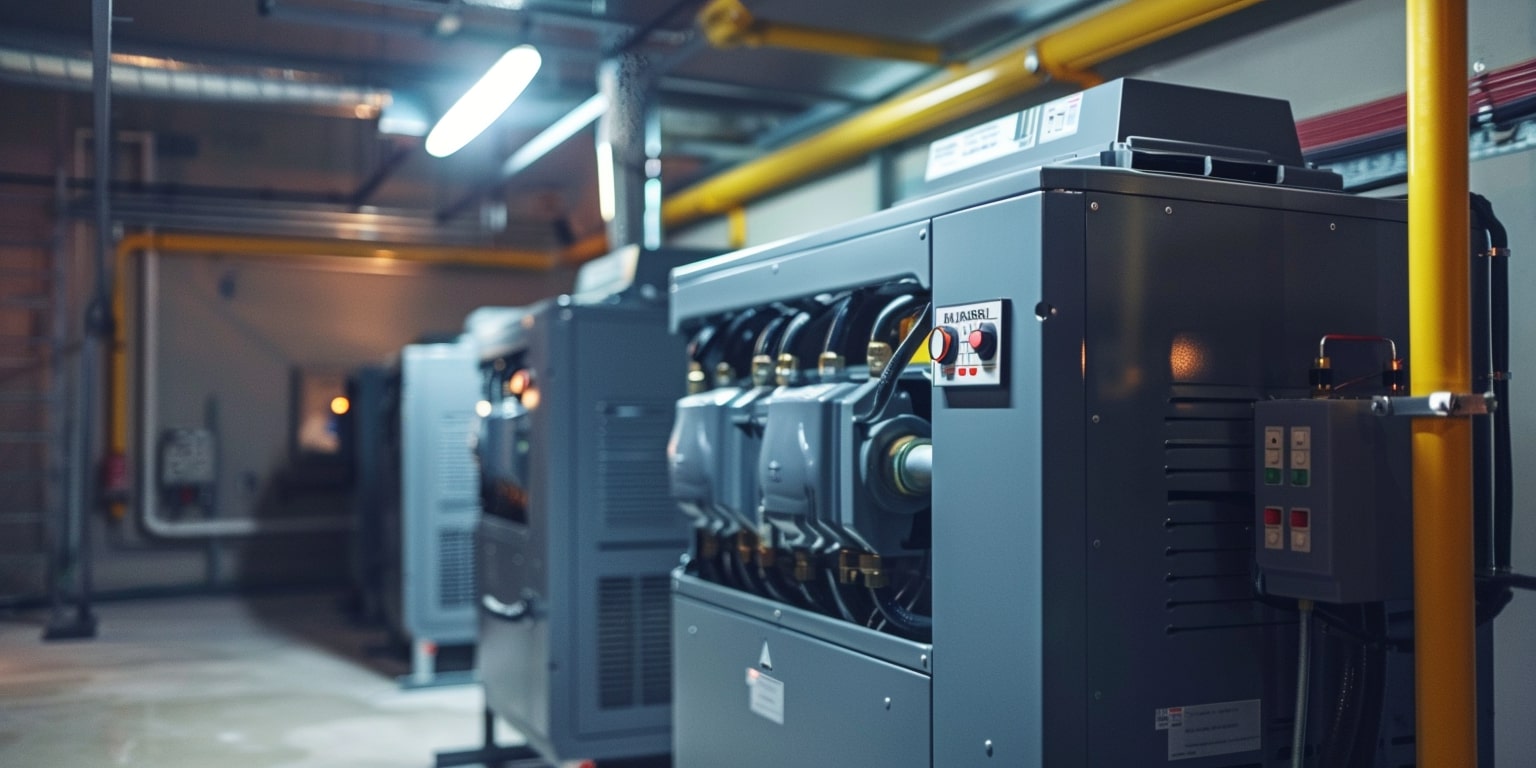
Assessing Your Power Needs
When it comes to installing a generator, understanding your power needs is paramount. You can make an informed decision by considering factors such as the size of your facility, critical equipment, and potential power outages.
Start by evaluating the power needs of your business. This involves determining the total wattage required to operate essential equipment and systems during a power outage. Take into account not only the basic lighting and HVAC systems but also critical machinery, computers, and communication devices. It’s important to consider the size of your facility as well. Determine whether you need a generator to power the entire building or only specific areas, such as essential operational units.
Factors to Consider in Assessing Power Needs:
- The total wattage required to power critical equipment and systems during an outage.
- The size of your facility and whether you need a whole-building generator or a unit for specific areas.
- Potential power outages and their frequency in your area.
Choosing the Right Location for Your Generator
The proper location of your generator is crucial for ensuring its optimal functionality. Let’s explore some essential tips to help you make an informed decision.
Ventilation
Ensure that your generator has proper airflow to prevent overheating. Choose a location that allows for adequate ventilation, such as an open space outdoors. Avoid placing the generator in an enclosed area or near combustible materials.
Noise Control
Generators can generate significant noise during operation. To minimize disruption, choose a location that is away from areas where noise may be a concern, such as office spaces or residential areas. Consider using noise-reducing features and enclosures to reduce the sound further.
Accessibility
Make sure the generator is easily accessible for routine maintenance and repair. It should be placed where technicians can easily reach it to perform generator maintenance tasks and inspections. A conveniently accessible location will save time and effort in the long run.
Generator Maintenance Tips
In addition to selecting the right location, regular generator maintenance is essential for its long-term performance. Here are some important maintenance tips:
- Follow the manufacturer’s guidelines for routine maintenance tasks, such as oil changes, filter replacements, and battery inspections.
- Keep the generator clean and debris-free to prevent clogging and potential damage.
- Regularly test the generator to ensure it starts and operates correctly.
- Monitor fuel levels and top up as necessary to avoid any interruptions in power supply.
Local Codes and Regulations to Consider
Complying with local codes and regulations is crucial when installing a commercial generator. These guidelines ensure the safety and proper functioning of your generator system.
Why Local Codes Matter
Local codes and regulations are designed to safeguard both you and your community. They provide specific guidelines for generator installation that address important considerations such as:
- Setback distances from property lines and structures
- Noise level restrictions
- Proper fuel storage and containment
- Electrical connections and grounding
Adhering to these codes can ensure that your generator installation is not only safe and efficient but also aligned with the surrounding environment.
The Role of Professional Generator Installation Services
Professional generator installation services have in-depth knowledge and experience working with local codes and regulations. They are familiar with your area’s specific requirements and can ensure that your generator installation complies with all necessary guidelines.
Furthermore, professional installation services can handle all the paperwork and permits required for your generator installation, saving you time and simplifying the process. They will work closely with local authorities and ensure that all necessary inspections are carried out to comply with local regulations.
The Generator Installation Process
Installing a standby generator is a detailed process that requires careful planning and execution. This section will guide you through the step-by-step installation process, ensuring that your backup generator is installed correctly and ready to provide reliable power when you need it most.
Step-by-Step Guide to Installing a Standby Generator
Site Preparation
Preparing the site where the generator will be placed is important before beginning the installation. This involves selecting an appropriate location that meets safety and accessibility requirements. The site should be level, well-ventilated, and away from potential hazards.
Electrical and Fuel Connections
Once the site is prepared, the next step is to make the necessary electrical and fuel connections. This includes coordinating with an electrician to install a transfer switch and ensuring a safe and seamless transition from utility power to generator power in an outage. To guarantee compliance, the transfer switch should be installed according to local codes and regulations.
In addition to the electrical connections, fuel connections must be made. This involves selecting the appropriate fuel source, such as natural gas, propane, or diesel, and installing the necessary fuel supply lines and connections. It is essential to follow manufacturer guidelines and industry best practices to ensure safe and reliable fuel delivery to the generator.
Testing Your Generator
After the electrical and fuel connections are complete, the generator must undergo a thorough testing phase to ensure its proper functionality. This includes starting and running the generator under load conditions to verify that it can handle the required power demand. Additionally, the transfer switch must be tested to confirm a smooth transfer of power from the utility grid to the generator. A qualified technician should carry out these tests to guarantee accurate results.
Throughout the installation process, it is highly recommended that you enlist the services of professional generator installation experts. These services offer the expertise and knowledge required to tackle complex installations, ensuring that everything is done correctly and in compliance with local codes and regulations.
Safety Tips for Generator Installation and Use
To ensure the safe and efficient operation of your generator, it’s important to follow these safety tips during the installation process:
- Proper Placement: Choose a well-ventilated area that is away from doors, windows, and vents. Keep the generator at least 10 feet away from any structure to prevent carbon monoxide buildup.
- Ventilation: Ensure that the generator has proper ventilation to prevent overheating. Avoid enclosures or structures that can restrict airflow around the generator.
- Fuel Storage: Store fuel in approved containers and a well-ventilated area away from the generator. Never store fuel indoors or near any ignition sources.
- Grounding: Properly ground the generator to minimize the risk of electrical shock. Follow the manufacturer’s instructions for grounding or consult a professional electrician.
- Electrical Connections: Make sure all electrical connections are properly secured and insulated. Avoid overloading the generator with too many appliances and ensure the electrical load doesn’t exceed the generator’s capacity.
- Start-Up and Shutdown: Follow the manufacturer’s instructions for starting and shutting down the generator. Never start or stop the generator in wet conditions, and always allow it to cool down before refueling.
- Regular Inspections: Schedule periodic inspections to check for wear and tear, loose connections, or signs of damage. Promptly resolve any issues to maintain the generator’s safe operation.
Maintaining Your Generator for Reliability
Regular maintenance is crucial for the reliability of your commercial generator. This section will discuss routine maintenance tasks that you should perform to keep your generator running smoothly.
Routine Maintenance Tasks
Proper maintenance of your commercial generator involves various routine tasks. By following these maintenance tasks, you can ensure that your generator operates optimally and avoid unexpected breakdowns. Here are some essential routine maintenance tasks:
- Check and change the oil regularly: Clean oil is vital for the proper functioning of your generator. Check the oil levels regularly and change them as recommended by the manufacturer.
- Inspect and clean spark plugs: Spark plugs play a crucial role in ignition. Inspect them regularly and clean or replace them as needed.
- Test the battery: The battery is responsible for starting the generator. Check its charge levels and ensure it is functioning correctly.
- Clean air filters: Clogged air filters can hinder airflow and affect the performance of your generator. Clean or replace them regularly to improve efficiency.
- Inspect fuel lines and connections: Ensure that fuel lines and connections are in good condition, without any leaks or damage.
- Run engine tests: Regularly run your generator for short periods to ensure all components work properly.
When to Call a Professional for Service
While the generator owner can perform routine maintenance tasks, there are situations when it’s best to call a professional for service. These scenarios include:
- Major repairs: If your generator requires significant repairs, it’s advisable to seek professional assistance. Professional technicians have the expertise and equipment to handle complex repairs effectively.
- Electrical issues: If you encounter electrical problems with your generator, it’s essential to call a professional. Working with electricity can be dangerous, so it’s best to leave it to the experts.
- Fuel system maintenance: The fuel system is a critical component of your generator. If you’re unsure how to perform maintenance tasks related to the fuel system, it’s recommended to consult a professional.
- Warranty coverage: If your generator is still under warranty, professional service and maintenance are often required to maintain its validity.
How Inter Connection Electric Can Help
Inter Connection Electric is your one-stop solution for professional generator installation services, customized solutions for residential and commercial needs, and generator repair and maintenance. With their expertise and commitment to customer satisfaction, they can ensure a seamless and efficient installation process and reliable power solutions for businesses of all sizes.
Professional Generator Installation Services
Inter Connection Electric specializes in providing professional generator installation services for commercial properties. Whether you need a backup generator or a custom solution tailored to your specific requirements, their expert team will handle the installation process with utmost professionalism.
Customized Solutions for Residential and Commercial Needs
At Inter Connection Electric, they understand that each property has unique power requirements. That’s why they offer customized solutions for both residential and commercial customers. Their experienced team will evaluate your power needs, design a generator system that meets your specific requirements, and ensure a seamless installation process.
Maintenance and Repair Services
Inter Connection Electric also provides comprehensive maintenance and repair services to ensure the longevity and efficiency of your generator. Their team of professionals can assist you with routine maintenance tasks, such as checking oil levels and cleaning air filters, to keep your generator running smoothly.
With Inter Connection Electric’s professional generator installation services, customized solutions, and maintenance and repair services, you can trust them to meet all your generator needs. Whether it’s commercial generator installation or routine maintenance, their expertise and commitment to quality service will ensure that your generator operates efficiently for years to come.
Summary
In conclusion, investing in commercial generator installation is crucial for businesses that rely on a continuous power supply. By following our comprehensive guide, prioritizing safety, and maintaining your generator regularly, you can trust that it will perform reliably, even during emergencies.
Partnering with professionals like Inter Connection Electric for professional generator installation services guarantees a seamless process from start to finish. Their expertise and customized solutions cater to residential and commercial needs, ensuring you have a generator that meets your specific power requirements.
Don’t risk disruptions and costly downtime. With Inter Connection Electric, you get top-notch installation services and access to maintenance and repair services when needed. Take control of your power supply and invest in commercial generator installation today to safeguard your business’s continuity.

